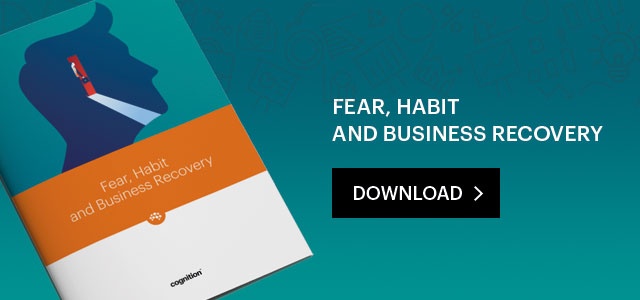The principles of building an effective digital marketing strategy are disarmingly simple:
- Identify the problem you want digital marketing to solve (e.g. number of web conversions, volume of Sales Qualified Leads, appointment to deal closing ratios, etc.)
- Segment the target audience (e.g. into vertical markets, personas etc.)
- Structure the messaging to match the segments
- Choose preferred marketing channels and create core content
- Test, repeat and refine based on through-funnel analytics
There are a number of assumptions built into this model, one of the most important ones being the predictability of prospect behaviour. All marketing strategies are based on that predictability, and digital strategies are more sophisticated in the use of data and more responsive to real-time shifts in behaviour.
However, when those shifts are sudden and pervasive, it becomes difficult to undertake even short-term strategic planning. Such shifts are linked to ‘Black Swan’ events, an example of which is the current pandemic.
Our guide, Fear, Habit and Business Recovery, explores how businesses are adjusting their behaviour to cope with the pandemic whilst remaining unclear what changes they need to make and for how long.
One of the principles of habitual behaviour is called LIFO (Last In, First Out), which means that our most recent behavioural acquisitions are likely to be the first ones we lose. This is clearly evidenced in many areas of human behaviour including weight loss, where dieters typically regain lost weight and addictive behaviours where the relapse rate among members of Alcoholics Anonymous is high.
In commercial terms, this pattern means that sudden, deep changes in prospect behaviour resulting from a Black Swan event are likely to be lost as normal trading conditions resume. For agencies that specialise in digital marketing, three important conclusions must be drawn:
- Don’t assume marked changes in behaviour will last
- Test this assumption
- Put behavioural psychology at the heart of your digital marketing strategy
To explore how businesses can understand the Fear-Habit cycle and emerge from the current crisis stronger than they were before, you can download our guide here.
If you need help building an effective digital marketing strategy, why not book a free online consultation with one of our digital marketing experts? All you need to do is bring the coffee! Book your appointment below.





